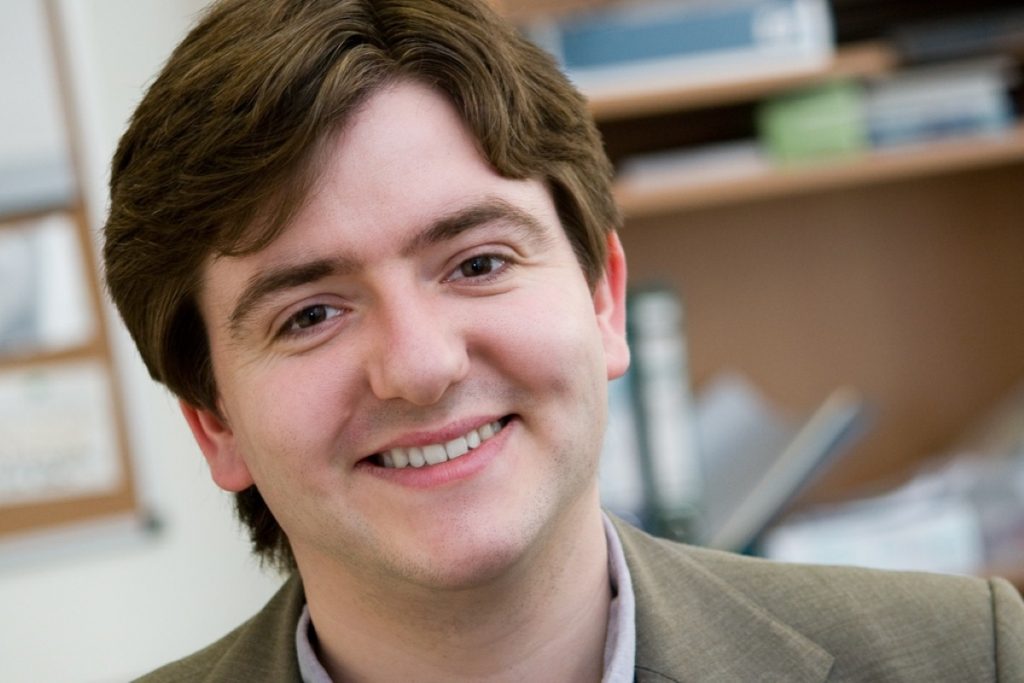Comment: The world is silent while atheists are persecuted
By Andrew Copson
Today is International Human Rights Day and, as with all international days, it's being used as the hook for new announcements and initiatives by governments and NGOs all over the world. This year the human right to freedom of belief is particularly in the spotlight. The Foreign Office is using the day to launch the UK bid for membership of the UN Human Rights Council, following on from a Wilton Park conference on freedom of religion or belief. The International Humanist and Ethical Union (IHEU) is using it to launch the first ever international report on how nations discriminate against non-religious people, restricting freedom of thought and expression, penalising the non-religious in law, and in some cases refusing to even allow their citizens to self-identify in non-religious terms.
It is worth considering these two initiatives together because the publication of the IHEU report throws into sharp relief how neglected non-religious people's right to freedom of expression and to freedom of conscience and belief really is. In an atmosphere where a simple request to wear a cross on a pin rather than a chain can elicit howls of media anguish, condemnation from the prime minister, vows from government ministers to end such 'persecution' of Christians, and propel a case to the European Court of Human Rights, the many instances of discrimination against non-religious people globally do not even merit a mention in Foreign Office speeches on freedom of religion or belief. Although the event was well attended by many religious leaders, no humanist NGOs were invited by the Foreign Office to participate in proceedings last week at Wilton Park, and although the Foreign Office has made freedom of religion an official priority, no meetings have been held with NGOs working on issues affecting the non-religious.
This is not just a UK blindspot. Welcoming the IHEU report, 'Freedom of Thought 2012: A Global Report on Discrimination Against Humanists, Atheists and the Non-religious', even the UN special rapporteur for freedom of religion or belief, professor Heiner Bielefeldt, observed there is often 'little awareness' that under international human rights treaties freedom of religion or belief applies equally to atheists, humanists and freethinkers and their convictions, practices and organisations. He endorsed the report and hoped "it will be given careful consideration by everyone concerned with freedom of religion or belief". Although IHEU maintains delegations to the UN Human Rights Council and other international institutions, it is a small NGO compared to the large religious ones active on the world stage and we desperately need states themselves – including the UK government, if it means to take its commitment to prioritising freedom or religion or belief seriously – to adopt a fair approach in pursuing human rights for all


The IHEU report will hopefully initiate a change, and it could not be timelier, as there is a rising tide of hatred and discrimination on the one hand and official censorship on the other, which is constraining the freedom and even threatening the lives of millions of atheists, humanists, sceptics, freethinkers and dissenters in many nations around the world.
The plight of the non-religious is not new – the Bangladeshi humanist Taslima Nasrin has lived in exile for nearly twenty years – but the availability of free expression through social media in particular is triggering greater persecution than before. Between 2007 and 2011, IHEU saw only three major social media 'blasphemy' prosecutions. In 2012 the report documents more than a dozen cases of people in ten different countries charged for 'blasphemous' statements made on social media. People like Hamza Kashgari, a 23-year-old poet and columnist from Saudi Arabia, denounced as an apostate and now held in a Saudi jail; or Alber Saber, due to be sentenced in Egypt this week, accused of uploading the 'Innocence of Muslims' YouTube video, and arrested by the police which his mother called to disperse a mob that was threatening him; or Alexander Aan in Indonesia, sentenced to more than two years for "spreading… religious hatred and animosity" by running an atheist Facebook page.
Europe is not immune from these developments. Today's report includes the case of Phillipos Loizos, arrested in Greece for creating a Facebook page that compared the late monk Elder Paisios to pastitsio, a baked pasta dish; the prosecution in Greece of the producers of the play Corpus Christi, the patrons of which were intimidated and assaulted by neo-Nazi Golden Dawn thugs and Christian activists; pop singer Doda in Poland prosecuted and fined for criticising the Bible.
Many governments shy away from promoting freedom of religion or belief abroad because it can also challenge comfortable orthodoxies and constitutional arrangements in their own countries, but they must not. The silence of some states provides consent for the increasing use by others of blasphemy, apostasy, and other discriminatory laws to prevent free association, chill free expression, punish thought-crimes, ruin lives and even end them. Those with humanist and other non-religious convictions are often in even greater difficulty in nations that disrespect freedom of conscience than those of minority religions, as they are by definition less organised, and less able to draw on community support. They need the support of all global citizens of goodwill to talk about their plight and work within all nations to defend them.
Andrew Copson is chief executive of the British Humanist Association and first vice president of the International Humanist and Ethical Union.
The opinions in politics.co.uk's Comment and Analysis section are those of the author and are no reflection of the views of the website or its owners.

